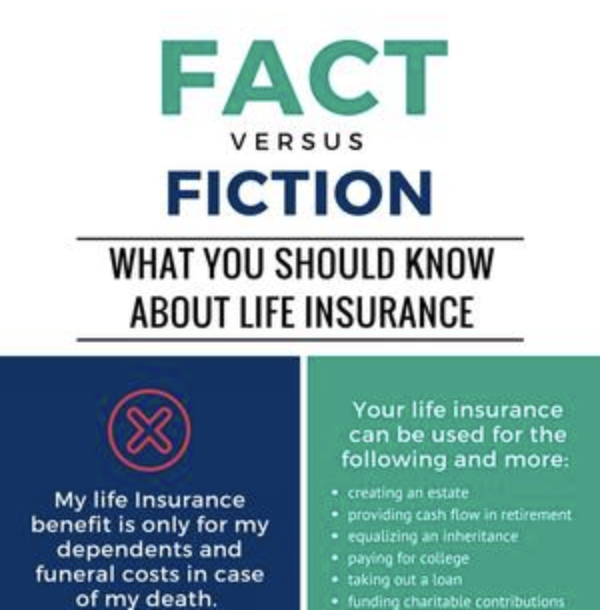In today’s world, where online payments are the norm, people who spend a lot are looking more towards the internet for their insurance needs. The appeal of being able to access policies anytime, day or night, is strong, but doubts still exist. Can those with significant wealth and complicated needs really trust online insurance? Let’s explore the details and find out how to manage the online insurance world without making mistakes.

The New - Age Allure and Hidden Risks
The insurance industry has been transformed by online platforms that cater specifically to wealthy clients. Policies supported by blockchain technology, for instance, offer secure records and quicker claims processing. An art collector with substantial assets might utilize a blockchain-enabled policy to guarantee immediate proof of ownership and facilitate a smoother claims process in case of theft or damage. Nevertheless, this advanced technology introduces new risks. Cyberattacks on insurance platforms could leak important financial information, leaving high-value clients vulnerable to identity theft and fraud.Another danger that is often overlooked is the potential for bias in pricing algorithms. While AI-powered underwriting can be efficient, it might incorrectly analyze data from clients with irregular income or unusual assets. For example, a venture capitalist whose earnings depend on the success of startups could receive premium quotes that are either too high due to perceived risk or insufficient coverage for their needs.

Policy Complexity in the Digital Realm
The complexities of policies are often heightened by their digital presentation. Insurance policies for luxury items such as yachts, private jets, and expensive homes include detailed clauses that can be challenging to understand online. While some platforms incorporate augmented reality (AR) to illustrate coverage areas, this could lead to misconceptions. For instance, a homeowner examining flood insurance for their waterfront house through AR might overlook specific exclusions about storm surges, mistakenly thinking the visual information is all-encompassing.Additionally, the emergence of parametric insurance — which pays out based on certain criteria, such as the strength of an earthquake — introduces further confusion. Wealthy individuals buying properties in earthquake-prone regions may not fully grasp the payout rules, operating under the assumption that they will receive total compensation, when in fact, the policy may impose strict standards and limits.
Unconventional Pitfalls and Solutions
A common issue that often goes unnoticed is the absence of relationship-focused service. Clients who spend a lot and expect personalized guidance from financial advisors may find automated chatbots challenging to use. When protecting a portfolio of international real estate, the specific details of local laws demand human knowledge that digital solutions typically do not provide. To address this gap, look for insurance providers that use "hybrid" systems, merging online ease with the expertise of senior underwriters for tougher situations.Another point of concern is regulatory arbitrage. Some online insurance companies operate in various regions, benefiting from weaker regulations. Clients with significant assets should check whether an insurer's location complies with strong consumer protection rules. For instance, while an online insurer based offshore might advertise cheaper rates, it may offer less accountability during disagreements.
The Art of Digital Due Diligence
When assessing online insurance companies, it's important to look beyond just their ratings. Pay attention to their certifications related to data security, particularly those focused on safeguarding valuable customer information. For instance, an insurer with an ISO/IEC 27001 certification shows that they prioritize information security. Additionally, review how they manage significant claims; ask for examples of past clients with similar valuables to understand their responsiveness.

For complicated policies, think about hiring independent digital risk assessors. These external experts evaluate policy details, compare them with industry standards, and identify any weaknesses. They are especially helpful for insuring unique items like a collection of classic cars, ensuring that the coverage suits the specific risks of the market.In summary, online insurance can be a trustworthy choice for high-spending clients, but it requires a careful strategy. By recognizing the unique risks of the digital landscape and conducting thorough research, wealthy individuals can obtain coverage that safeguards their valuables while still enjoying convenience.



